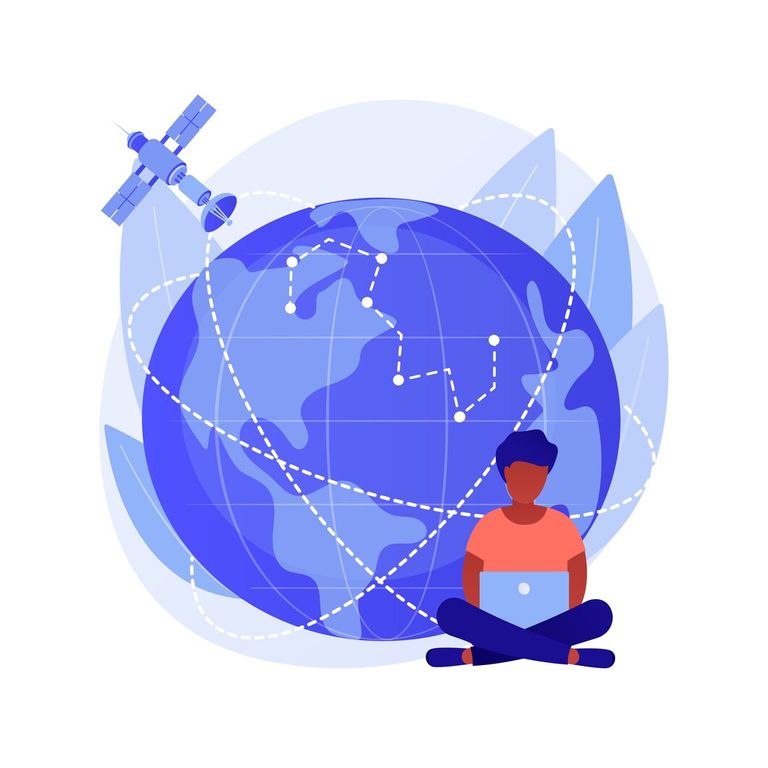Globalization has been defined by increasing interconnectedness and interdependence of economies, societies, and cultures, which has been created at a global scale. This process is facilitated by the success in information technology, communication, transport infrastructure, and trade facilitation. The development of globalization has promoted the interchange of products, services, capital, and culture around the world, thus making the economy more integrated in a cultural way.

One the important globalization’s concepts is international trade, which make countries able to produce products and services where they have a comparative advantage. This is what makes it possible for such specialization to be productive, bring innovations and even raise the living standards. Moreover, globalization has empowered multinational companies to be global in operation hence possibilities of capital formation, employment creation and economic growth are generated.
Nevertheless, there are issues that arise such as income disparity, cultural homogenization, and environmental damage. For they think that globalization can worsen the difference between rich and poor countries, use the cheap workers in the developing ones, and also damage the local culture and tradition.
The essence of globalization, this is a complicated and multilateral process that has both advantages and disadvantages, which, in fact, determines the economic, sociocultural, and cultural context of our planet nowadays.